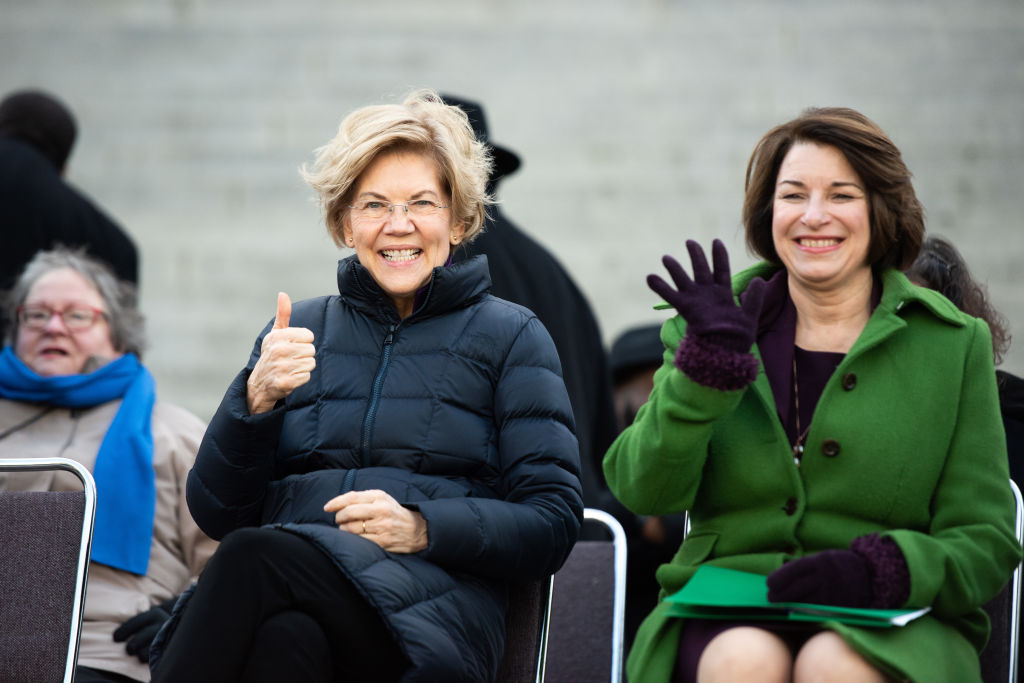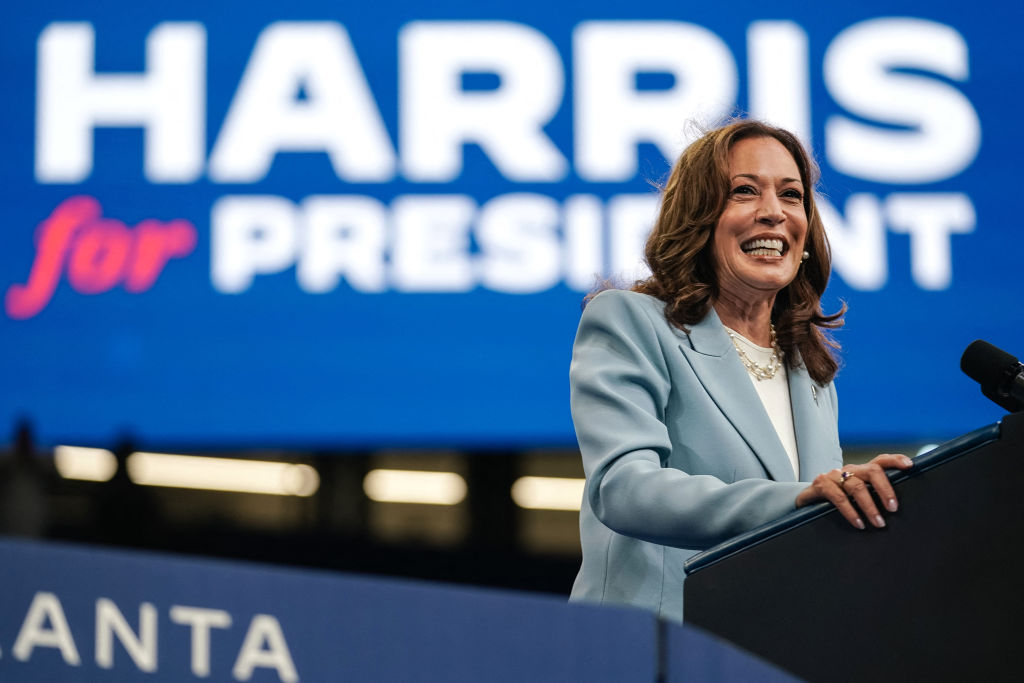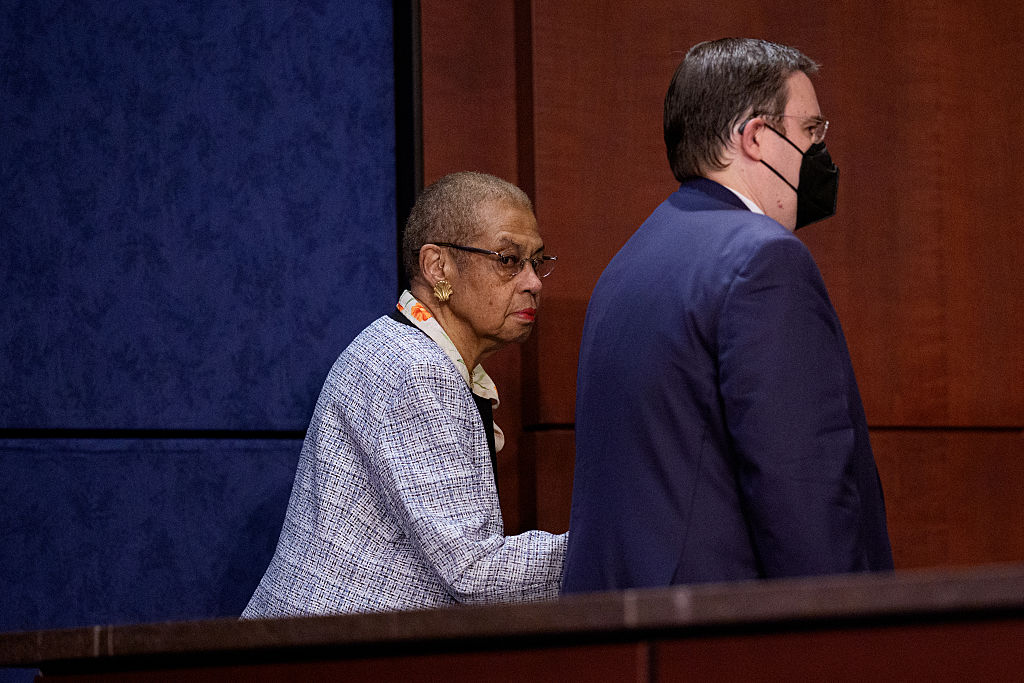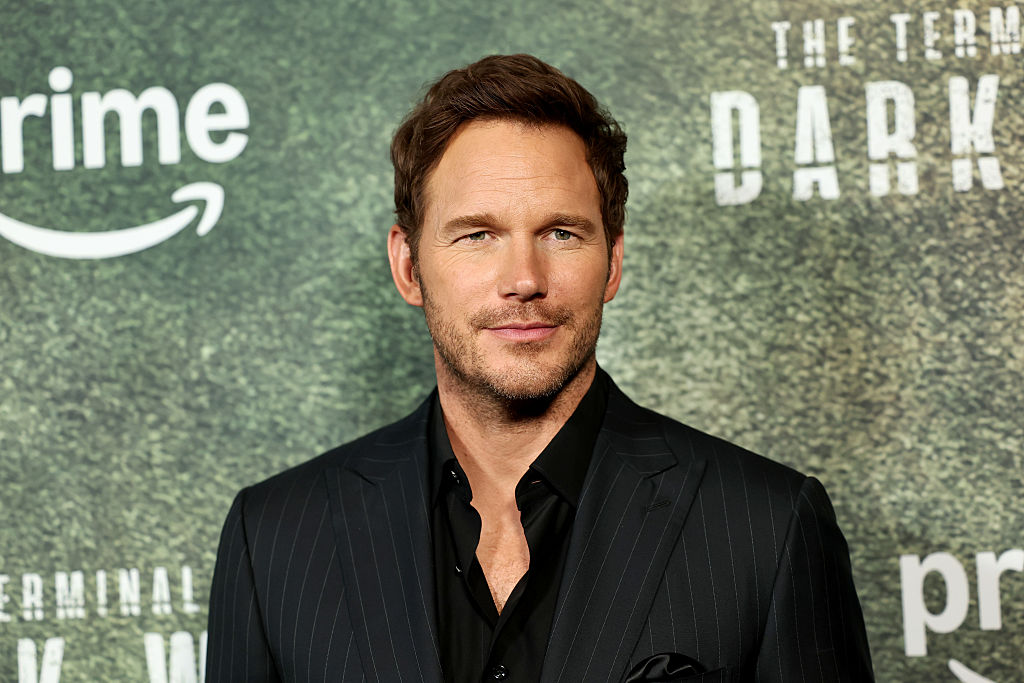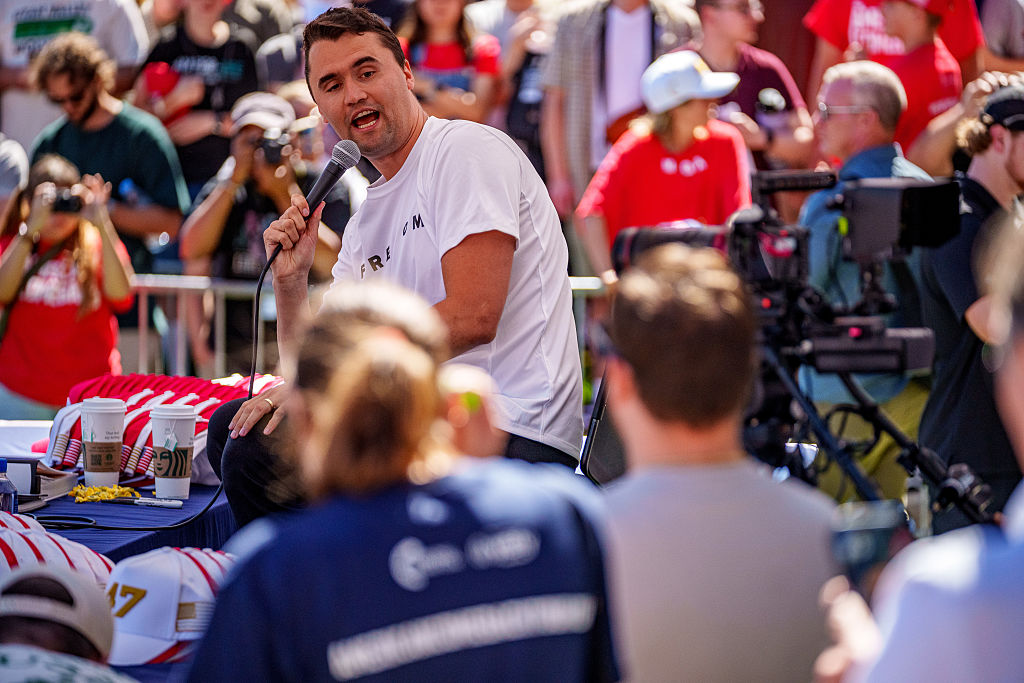Their blazers are bright, but their futures are not.
Elite women Democrats have faced a brutal reckoning over the past five years. It seemed, as Barack Obama might have put it, that the arc of history was bending in their direction. Half the electorate are female, and feminist identity politics seemed the natural destination for America’s progressive party. It hasn’t worked out that way.
Former secretary of state Hillary Clinton signaled the beginning of the end for the Pantsuit Nation™. The Democratic National Committee (DNC) and the DC media bubble crowned her successor to Barack Obama’s Democratic party and a shoo-in for the presidency. The American electorate disagreed.
While the party machine may not have learned this lesson from 2016, Democratic voters did. It is no longer enough to be a woman — you also have to be good enough to win.
Female voters in particular have become disillusioned by the novelty of the first female president, according to reporting in the New York Times. The importance of shattering of the ‘glass ceiling’ has been overshadowed by fears that President Donald Trump will coast into reelection, causing many self-avowed feminists to prefer certain male candidates in the Democratic primary.
If this attitude seems divorced from the party’s embrace of third-wave feminism and identity politics, that’s because it is. Party leaders have tried to simultaneously appeal to a small sect of woke progressives while also respecting the party’s tradition of ‘next in line’ politics. The result is a lineup of female candidates who are either uninspiring, unimpressive, or just unelectable.
In the 2020 primary, these ‘Femocrats’ are New York senator Kirsten Gillibrand, California senator Kamala Harris, Massachusetts senator Elizabeth Warren and Minnesota senator Amy Klobuchar. Gillibrand and Harris have dropped out of the race. The other two are struggling in the polls in key battleground states.
All of these women are cozy with the party machine and are skilled at playing the gender card when necessary. But all also have major image problems. Gillibrand is a flip-flopper, Harris is a cop, Warren is dishonest, and Klobuchar is boring, when she’s not flinging binders at her interns.
The Democrats effectively ignore these issues by crying sexism at their critics. This ensures that the chosen female candidates don’t face the type of pressure that will be demanded of them during a general election.
Warren, for example, recently employed this tactic against her toughest challenger, Vermont senator Bernie Sanders. Using sympathetic reporters at CNN, Team Warren orchestrated an entire story around Sanders allegedly telling her that he did not believe a woman could win the presidency. The following Democratic debate thus focused on whether or not Sanders made the offending comment, shielding Warren from Sanders’s past critiques that she is a phony progressive and a member of the dreaded establishment
Klobuchar has also asserted that sexism in the presidential race is ‘so bad,’ telling Politico, ‘We have to grapple with the fact that some people think a woman can’t win…I have heard about it from our own people and I’ve noticed it.’
This attitude is a set-up for failure. None of these women will be prepared to go up against the brash and unfiltered Trump during a general, and Democratic voters are getting sick of watching so-called empowered women explain away their failures as bigotry.
The Femocrats have used their gender to avoid grappling with the fact that their political styles and personalities have largely fallen out of favor with the average Democratic voter.
Warren and Klobuchar are party favorites with plenty of cash and media coverage yet they have been unable to translate these advantages into lasting support. Warren has marketed herself as a bold progressive, but falters next to Sanders, who actually has the courage to call himself a socialist and is honest about the price of his politics. Klobuchar is the safe moderate, but doesn’t have the charisma or experience of former Vice President Joe Biden. Both come across as inauthentic copies of someone who came before.
Hawaii Rep. Tulsi Gabbard, meanwhile, faces active animus from the party establishment and the liberal media, but has managed to build a small but passionate coalition based on her distaste for international conflict and bipartisanship. She has never blamed sexism for her struggles in the primary, rather she blames the establishment’s hostility towards her anti-war politics as the root of her problems. And she seems to have a point.
Even the New York Times cannot save the Femocrats. In its double endorsement of Warren and Klobuchar, the Gray Lady all but admits that these two candidates are more suited to lead the debate about the future of the Democratic party than they will be at defeating Trump. This is hardly a rallying cry for the Democratic voters who consistently say they care more about nominating a candidate who can win against Trump than they do about nominating someone who matches their preferred policy positions.
Thus middle-aged establishment female Democrats have mirrored the decline of the Women’s March, which disappointed so many last weekend. In 2020, a power woman with all the correct opinions and a well-tailored suit jacket may earn a shiny news cut in Elle magazine, but she will not capture the White House.



